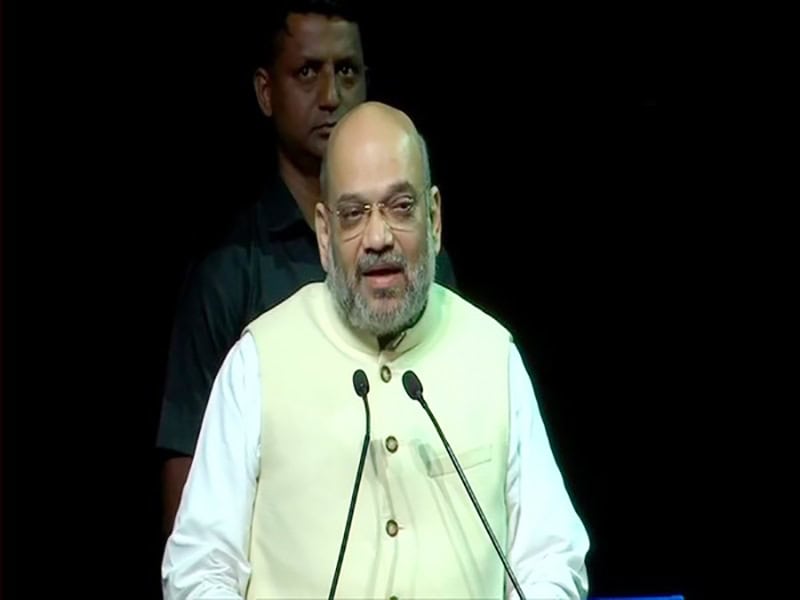New Delhi: Union Home Minister Amit Shah here on Monday said the National Population Register (NPR) to be prepared under the 2021 census would be digital. “A digital NPR will help in solving several issues, like law and order and gender equality,” Shah said.
The NPR, a register of usual residents, will be prepared under the Citizenship Act 1955 and the Citizenship (Registration of Citizens and issue of National Identity Cards) Rules, 2003.
At Rs 12,000 crore, the 16th Indian census would be the most costly exercise done so far. The 2021 census would conclude on March 1 midnight, Shah said while laying the foundation stone of the Janganana Bhawan.
The census that began in 1865 would be digital in 2021 and a mobile app would be used for it. It’s eighth census after Independence.
It will be mandatory for every usual resident of India to register in the NPR. A usual resident is defined for the NPR purposes as a person who has resided in a local area for the past six months or more or a person who intends to reside in that area for the next six months or more.
“It would be a solution to multifarious problems facing the country — from effective maintenance of law and order to efficient implantation of welfare schemes like MGNREGA, food security and nutrition campaigns,” Shah said.
He said constituencies would be delimited based on this census data, which would lead to strengthening of the democratic process at all levels.
Giving an example of how the census 2011 data was used under the Ujjwala Yojana, Shah said, “The LPG connection beneficiaries were mapped digitally and based on the data analysis, the government got to know about the disparity in the spatial distribution of LPG connections.
“Subsequently, an LPG connection distribution process was initiated. Eight crore LPG connections have been distributed in the last five years and now over 95 per cent of the people have gas connections,” he said.
Based on 2021 figures, it would be ensured that no one was without an LPG connection when the nation would celebrate the 75th anniversary of Independence in 2022, he said and added, 22 welfare schemes had been mapped on the basis of census figures.
Shah said under the “Beti Bachao, Beti Padhao” scheme, the task of saving the girl child and increasing female literacy were accomplished by efficient targeting of awareness campaigns. Such accomplishments could only happen when the census process was fool-proof and the data accurate, he added.
On the potential of the digital census process, Shah said if efficiently done it could lead to implementation of public services through one platform.
Appealing people to participate in the 2021 census with full enthusiasm, he said the exercise would be in 16 languages to help people file their details properly. He said the census would help in long-term planning for growth and development.
Besides maintaining data in paper form, availability of data in digital form would help in its detailed multi-dimensional analysis for public welfare, using latest software.
The seven-storey Janaganana Bhawan, to be built at the cost Rs 44 crore, is expected to be ready by 2021. “This Bhawan would become the boiling pot of India’s economic growth, democratic empowerment of people and removal of poverty”, he said.
According to Census 2011, India comprises 2.4 per cent of land area and resources and houses 17.5 per cent of the global population.

